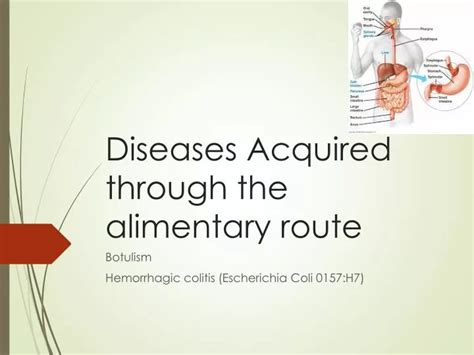Travel Diseases to Know

Introduction to Travel Diseases
When traveling to foreign countries, it’s essential to be aware of the potential health risks associated with your destination. Various travel diseases can affect travelers, ranging from mild to severe illnesses. In this article, we’ll discuss some of the most common travel diseases, their symptoms, and ways to prevent them. Being informed and taking necessary precautions can help minimize the risk of contracting these diseases.
Common Travel Diseases
There are numerous travel diseases that travelers should be aware of, depending on their destination. Some of the most common ones include: * Malaria: a mosquito-borne disease found in tropical and subtropical regions * Dengue fever: a viral disease transmitted by mosquitoes, common in tropical and subtropical areas * Typhoid fever: a bacterial infection spread through contaminated food and water * Hepatitis A: a viral liver disease transmitted through contaminated food and water * Rabies: a viral disease transmitted through animal bites
These diseases can be prevented or treated with medications, vaccinations, and precautions. It’s crucial to research the specific health risks associated with your destination and take necessary measures to protect yourself.
Prevention and Precautions
Preventing travel diseases requires a combination of vaccinations, medications, and precautions. Here are some general tips: * Get vaccinated: consult your doctor or a travel clinic to determine the necessary vaccinations for your destination * Use insect repellents: apply insect repellents containing DEET, picaridin, or oil of lemon eucalyptus to prevent mosquito-borne diseases * Drink safe water: drink bottled or filtered water, and avoid consuming ice or unpasteurized dairy products * Eat safe food: avoid eating undercooked meat, raw vegetables, and unpasteurized dairy products * Avoid animal bites: be cautious when interacting with animals, and avoid touching or feeding them
By taking these precautions, travelers can minimize their risk of contracting travel diseases.
Destination-Specific Diseases
Certain destinations have specific health risks associated with them. For example: * Africa: malaria, yellow fever, and meningitis are common in certain regions * Asia: dengue fever, Japanese encephalitis, and hepatitis A are prevalent in some areas * South America: malaria, dengue fever, and Chagas disease are found in certain regions * Europe: tick-borne encephalitis and Lyme disease are common in some areas
Researching the specific health risks associated with your destination can help you take necessary precautions and stay safe.
🚨 Note: Consult your doctor or a travel clinic to determine the specific health risks associated with your destination and the necessary precautions to take.
Treatment and Management
If you contract a travel disease, it’s essential to seek medical attention immediately. Treatment and management of travel diseases depend on the specific disease and its severity. In general, treatment may involve: * Medications: antibiotics, antivirals, or antiparasitic medications may be prescribed to treat the disease * Supportive care: rest, hydration, and nutrition are essential for recovery * Hospitalization: in severe cases, hospitalization may be necessary to manage the disease
Prompt medical attention can help prevent complications and reduce the risk of long-term health effects.
Table of Common Travel Diseases
| Disease | Transmission | Symptoms | Prevention |
|---|---|---|---|
| Malaria | Mosquito bites | Fever, chills, flu-like symptoms | Insect repellents, mosquito nets |
| Dengue fever | Mosquito bites | Fever, headache, joint pain | Insect repellents, mosquito nets |
| Typhoid fever | Contaminated food and water | Fever, headache, abdominal pain | Safe food and water practices |
| Hepatitis A | Contaminated food and water | Fever, jaundice, liver damage | Vaccination, safe food and water practices |
| Rabies | Animal bites | Flu-like symptoms, paralysis, death | Vaccination, animal bite precautions |
In summary, being aware of the potential health risks associated with your destination and taking necessary precautions can help minimize the risk of contracting travel diseases. By researching your destination, getting vaccinated, and practicing safe food and water habits, you can stay safe and healthy during your travels.
What is the most common travel disease?
+
Malaria is one of the most common travel diseases, affecting millions of people worldwide each year.
How can I prevent travel diseases?
+
Preventing travel diseases requires a combination of vaccinations, medications, and precautions, such as using insect repellents, drinking safe water, and eating safe food.
What should I do if I contract a travel disease?
+
If you contract a travel disease, seek medical attention immediately. Treatment and management of travel diseases depend on the specific disease and its severity.
In the end, staying informed and taking necessary precautions can help minimize the risk of contracting travel diseases, ensuring a safe and healthy trip. By being aware of the potential health risks associated with your destination and taking steps to prevent them, you can enjoy your travels without worrying about your health.